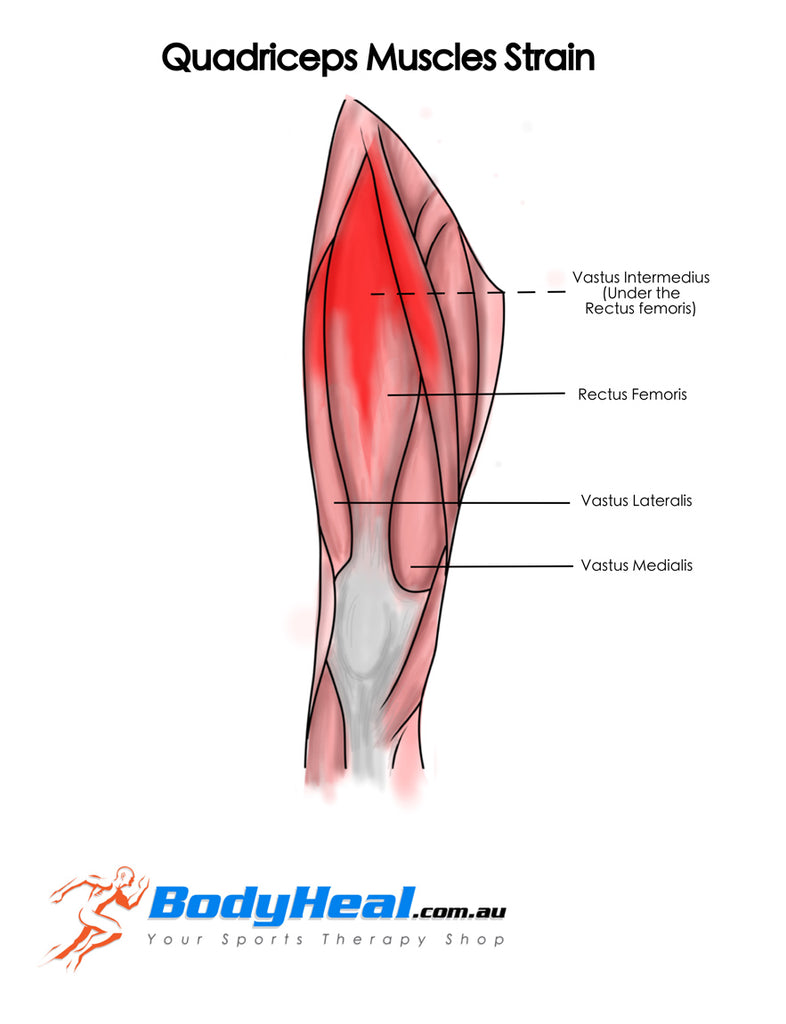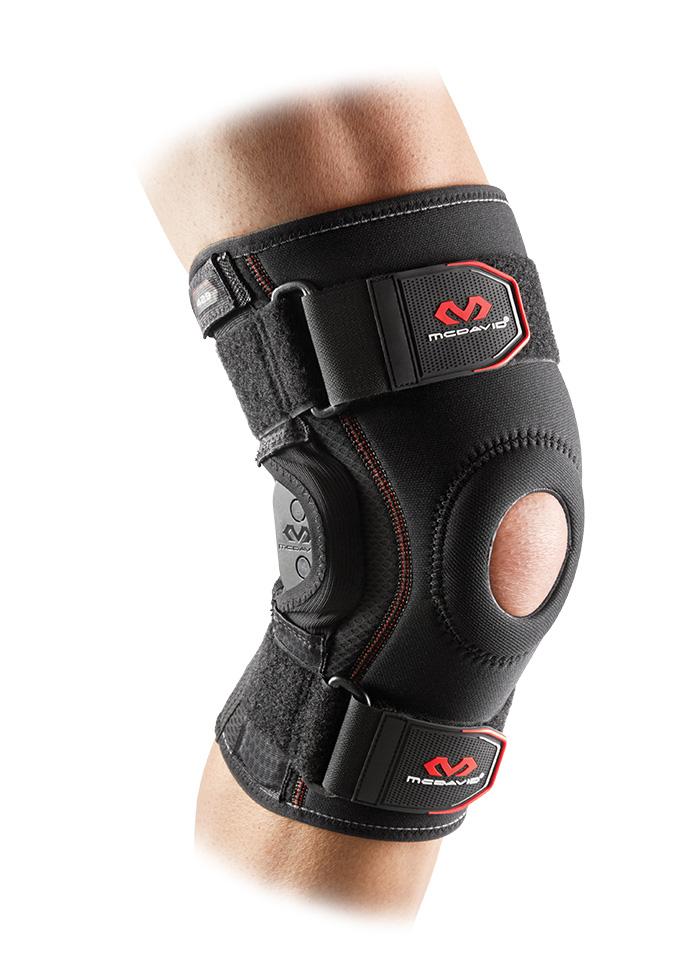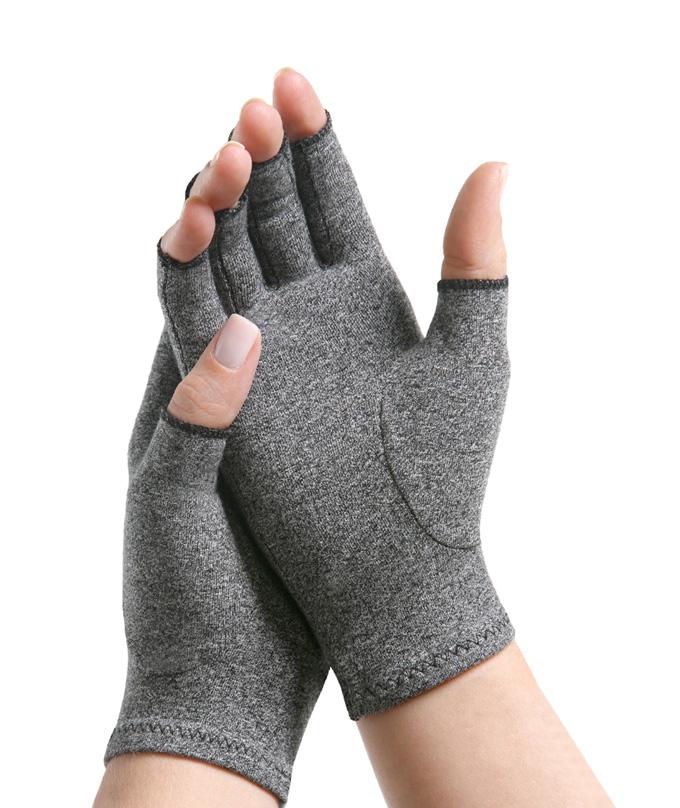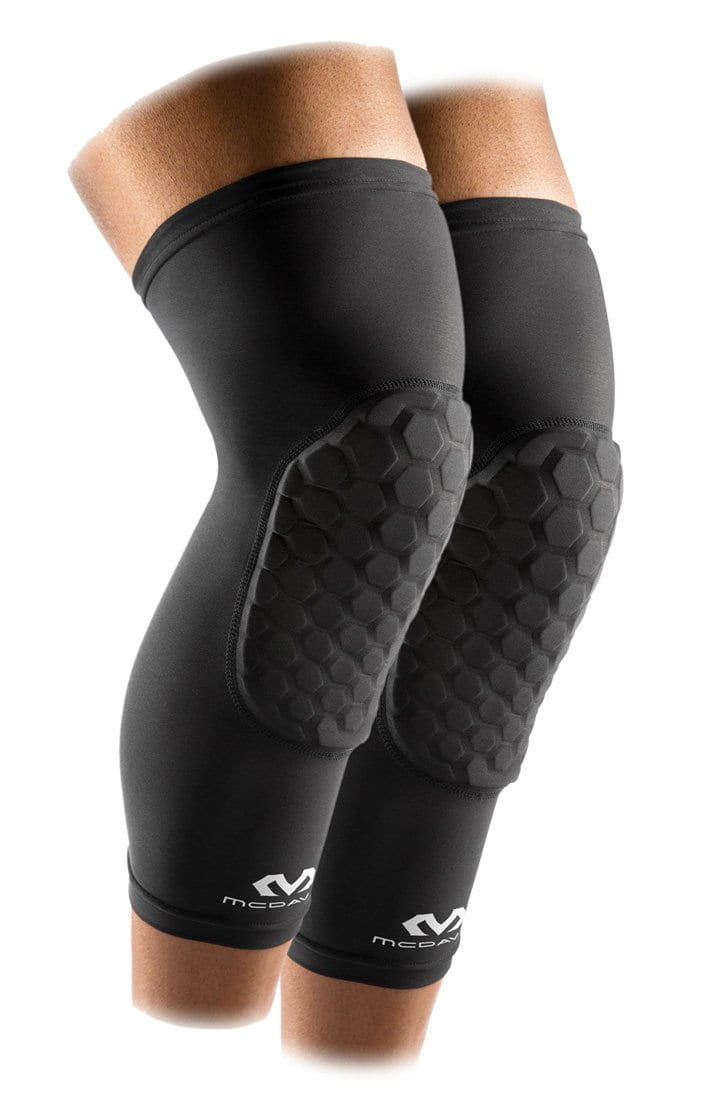Quadriceps Strain: Causes, Symptoms & Treatment Options
Quadriceps strain involves the tearing of the quadriceps muscles (also known as quads) located at the front of your thighs. The injury commonly occurs during running or kicking sports and can cause pain in the outer thigh area.
The quads are the large muscle group at the front of the thigh, which comprise of the rectus femoris, vastus medialis, vastus lateralis and vastus intermedius. These muscles originate from the pelvis and femur and insert into the shin bone (tibia) in the lower leg.
Your quads play a role in straightening and controlling the knee. They are especially active during kicking, jumping, sprinting, hopping and other similar activities.
When your quads contract during movement, they are stretched and a certain amount of tension in placed on these muscle fibers. When excessive due to high force or too much repetition, movements can lead to quad muscle fiber tears, causing quadriceps strain. Usually, the rectus femoris is affected during a quadriceps strain injury.
Quadriceps strains are classified as follows:
- Grade 1: A few fibers are torn causing some pain
- Grade 2: A significant number of muscle fibers are torn causing moderate pain and loss of function
- Grade 3: All muscle fibers are torn causing severe pain and loss of function
Causes of Quadriceps Strain
Quad strains typically occur from sudden contraction caused by kicking, running, hopping or sprinting activities. The quads are stretched due to the tension and are torn if the force is excessive. Quadriceps strains are common among sportspeople who have to run a lot, such as football players.

Signs and symptoms Of Pulled Quads
Common signs and symptoms of quadriceps strain include:
- Pain while stretching, flexing or using your quads for movement
- Swelling
- Muscle spasm
- Bruising as a result of broken blood vessels in the affected region
- Loss of strength in the affected leg
- A cracking sensation when you push your fingers on the affected region of the thigh
Treatment For Quad Muscles Strain
Treatment often depends on the severity of the injury. If pain doesn’t improve with rest and conservative treatment, see a healthcare provider as soon as possible to determine appropriate treatment. In case of mild to intermediate quad strains, the following conservative treatment methods are recommended:
- RICE treatment. This consists of four components, Rest, Ice, Compress and Elevate. Make sure you rest your affected leg sufficiently until it is pain and symptom free. Ice the affected area to reduce pain and swelling using an ice pack. The affected area can be compressed using a thigh wrap such as the McDavid 478 Adjustable Thigh Wrap. This will mobilize the thigh and prevent the injury from worsening. Elevate the affected leg while you rest to stimulate blood flow and reduce swelling.
- OTC pain medication. If you can’t perform your daily life activities because of the pain, taking an over the counter anti-inflammatory drug such as ibuprofen will definitely help.
Once pain resolves, slowly return to activity instead of performing a sudden burst of intense physical activity. Pay attention to any signs of the injury returning such as pain and increased tenderness. If symptoms return, reduce exercise and see a healthcare provider. Adequate stretching of the quads can help reduce your chances of injury.
Image Use:
You are allowed to re-use the image with the BodyHeal.com.au logo on your website or any online publication as long as the proper creditation is given to BodyHeal.com.au. You can link back to our homepage, https://bodyheal.myshopify.com or this article at https://bodyheal.myshopify.com/blogs/thigh-groin/quadriceps-strain-causes-symptoms-treatment-options






i think with these indications, am helped out with this injury.
thanks body~heal
Leave a comment